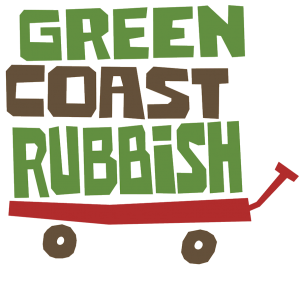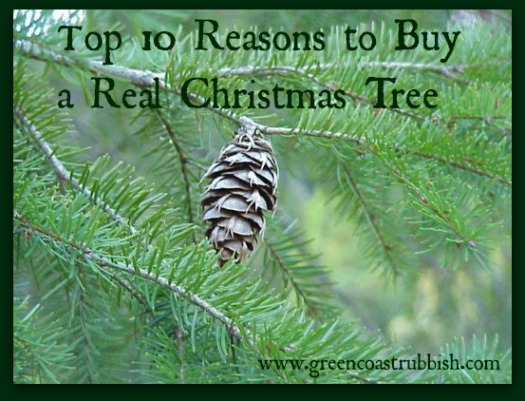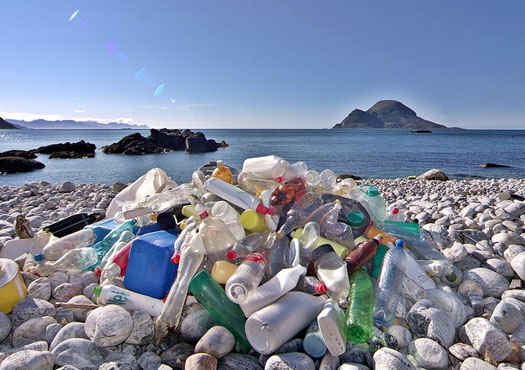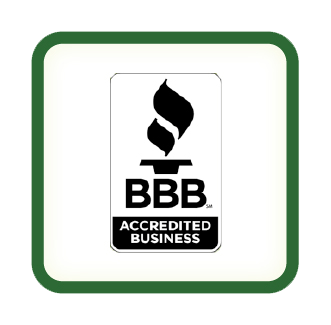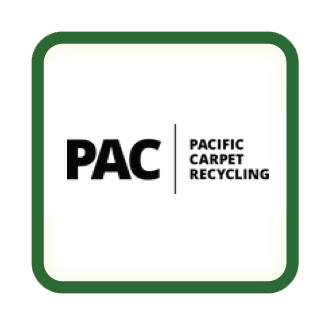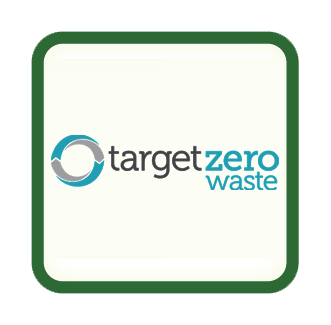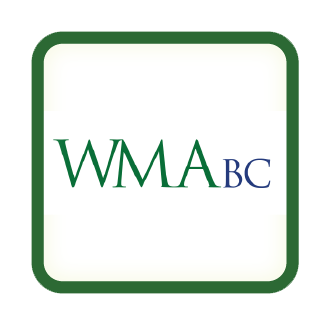Top 10 Reasons to Buy a Real Christmas Tree
It’s the most wonderful time of the year. Christmas is coming and kids young and old are looking forward to decking the halls with the spirit of Christmas, starting with the age old tradition of decorating a Christmas tree. Some of Santa’s elves may ponder the choice between selecting a live tree versus an artificial tree but here at Green Coast Rubbish we recommend keeping it real. Here are the top 10 reasons to buy a real Christmas tree this year:
- Bundle up your family and rock the experience of visiting a tree farm and choosing just the right tree for your home. Wander about to look for the Christmas tree that has that something special – whether it is the aroma, colour, height, breadth or Charlie Brownesque style. Be sure to measure your space before you make the drive or fitting your tree into the house could be interesting!
- Buying local supports the 450 Christmas tree growers in BC who produce approximately 900,000 Christmas trees annually creating jobs and economic benefits.
- Visit a Christmas tree lot run by a local charity to buy your real Christmas tree and support a great causes like Aunt Leah’s Place or the Lynn Valley Lion’s Club.
- Buy a potted Christmas tree and you’ll have a new tree to plant in your yard in the Spring. Or rent one that can be returned and reused year after year!
- Christmas tree farms create oxygen and remove greenhouse gases from the air. In contrast, artificial trees create factory pollution and may travel thousands of kilometres to reach Canada from their country of origin, contributing to global warming.
- Artificial trees are usually made from polyvinyl chloride (PVC ) which contains phthalates (a type of plasticizer) which have been identified as potential health concerns.
- Live Christmas trees are biodegradable and recyclable. While artificial trees typically last 7 – 10 years, they are neither recyclable nor biodegradable and often end up in the landfill.
- Real Christmas tree recycling and composting options are readily available in local municipalities throughout Metro Vancouver and elsewhere.
- Composted real Christmas trees can be used as mulch for gardens and parks.
- What could be more traditional at Christmas than a gorgeous fragrant Canadian grown spruce or fir tree in your living room?
